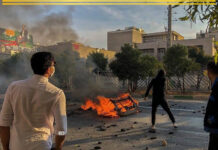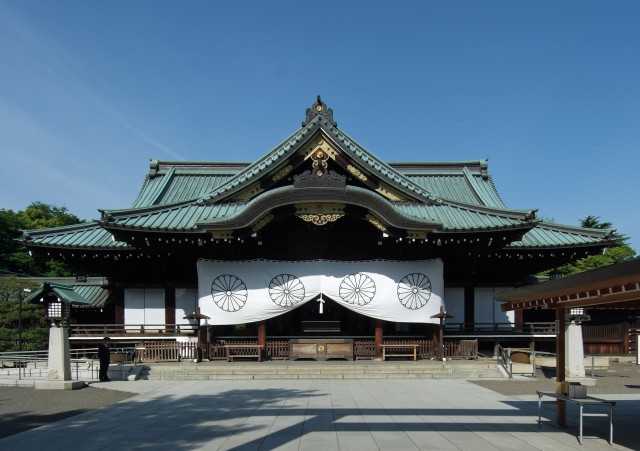By Rhea Grover
People all over the world marvel at Japan’s dedication and spirit, so much so that we have Hindi chapters urging Indians to be more like the Japanese. Japan’s ability to pick itself up to great heights every time it falls is not hidden to anyone but what is known to a only a few though is Japan’s ability to steer clear from any international controversy, finding its place in everyone’s good books and garnering allies from all across the globe. Japan has always compromised its political superiority to maintain its economic superiority and with ‘Abenomics’, it’s unstoppable in its path to become an economic superpower.
Now that we have a little background on where it’s situated let’s see what is the Yasukuni Shrine is. It commemorates the imperial forces in Japan of World War II. So what’s the problem? The problem arose when the shrine was to include the soldiers who committed atrocious war crimes by raping women in the entire village of Nanking to prevent Chinese babies from taking birth and thereby eliminating an entire race. This is the worst of the worse war crimes seen till today and is seen akin to Hitler’s anti-semitic politics.
In the light of the above information, the question of enshrining the perpetrators of such grave atrocities is something that doesn’t go down one’s throat. In a way it goes against everything that today’s peaceful Japan stands for. An act as heinous as rape which is looked down by the entire Japanese society and that too with the sole purpose of eliminating an entire race is completely antithetical to the ideals of equality and non-violence enlisted in the Japanese constitution. The whole purpose of an enshrinement is to take pride in the acts of the servants of the nation and when such acts in themselves are so shameful, there really remains no point.
But if you look a little deeper, you will realize that at the end of the day, the soldiers only did what was ordered, what was considered to be in the best interest of their nation at the time. It was a time of immense struggle and it culminated into the biggest disaster that Japan has ever seen that lead to the destruction of Hiroshima and Nagasaki. At the end of the day, they were just soldiers who gave their life for their country and displayed exemplary valour in times of war.
This brings two questions in my mind. First, whose fault is it actually? Second, where do you draw the line as to what is legit in a war? These are extremely mind boggling questions that disturb me deeply, because at the end of the day no one can really win a war and the following poem by Siegfried Sassoon displays this irony in the best possible manner:
No doubt they’ll soon get well; the shock and strain
Have caused their stammering, disconnected talk.
Of course they’re ‘longing to go out again,’ –
These boys with old, scared faces, learning to walk.
They’ll soon forget their haunted nights; their cowed
Subjection to the ghosts of friends who died,-
Their dreams that drip with murder; and they’ll be proud
Of glorious war that shatter’d all their pride…
Men who went out to battle, grim and glad;
Children, with eyes that hate you, broken and mad.




































